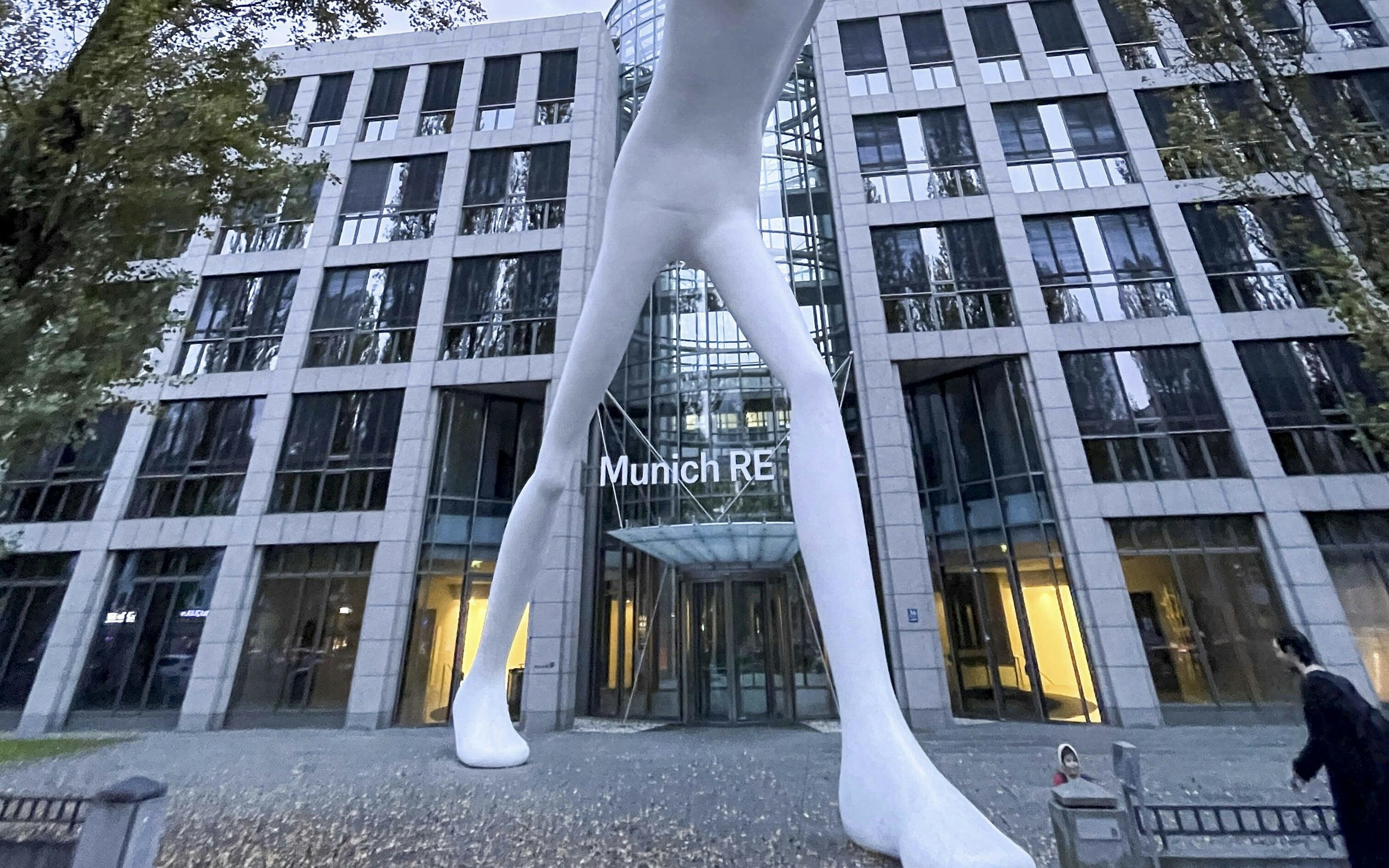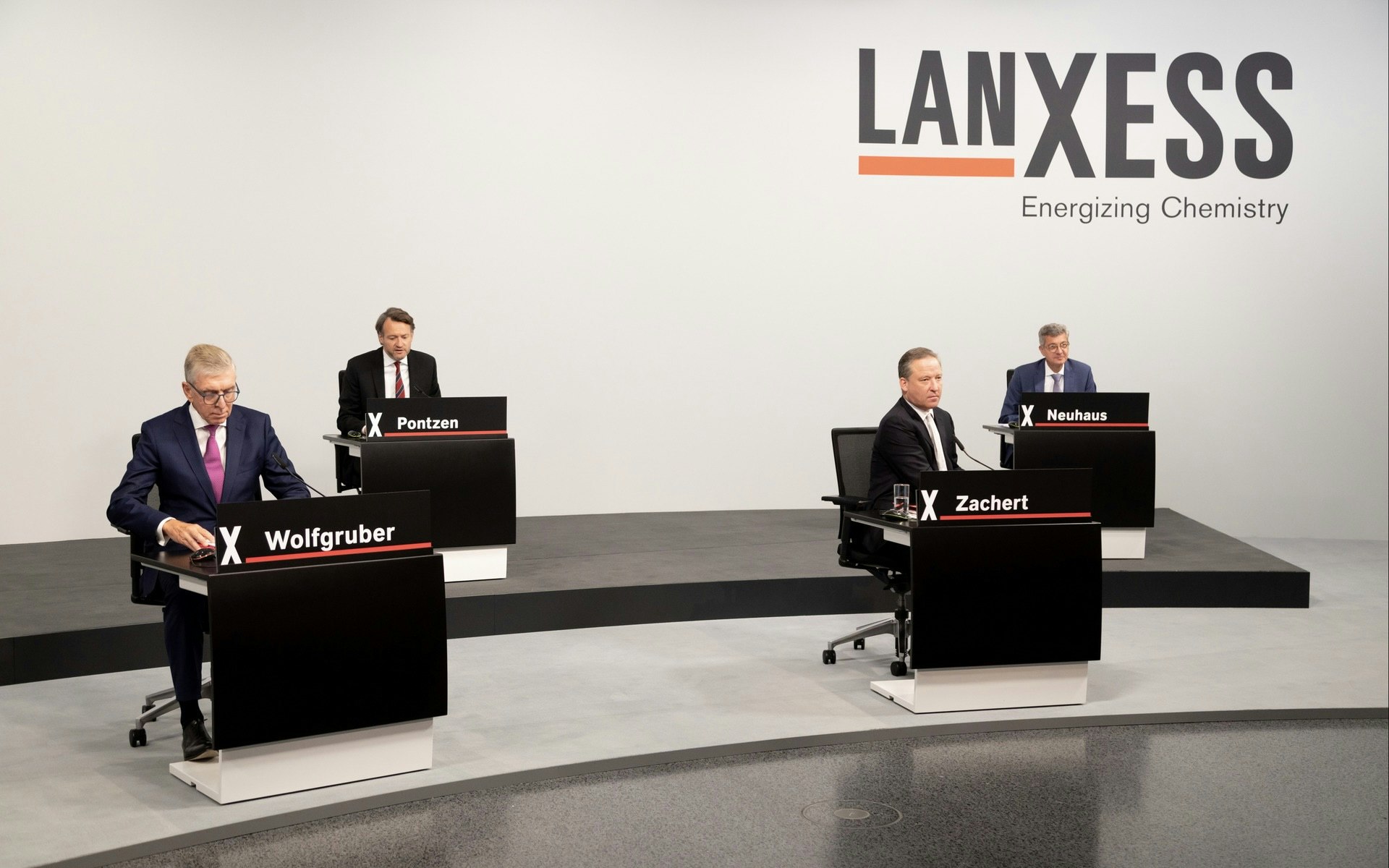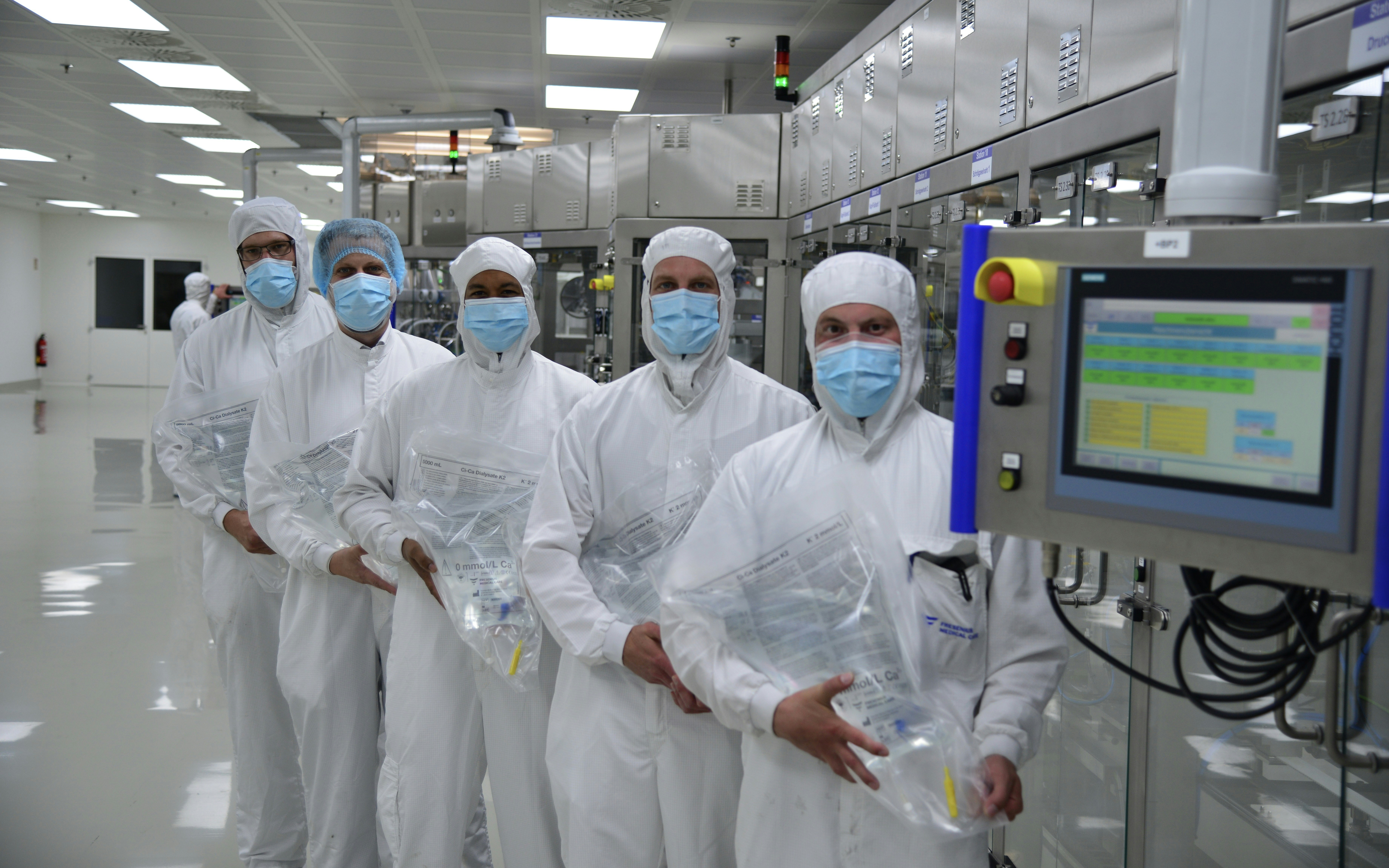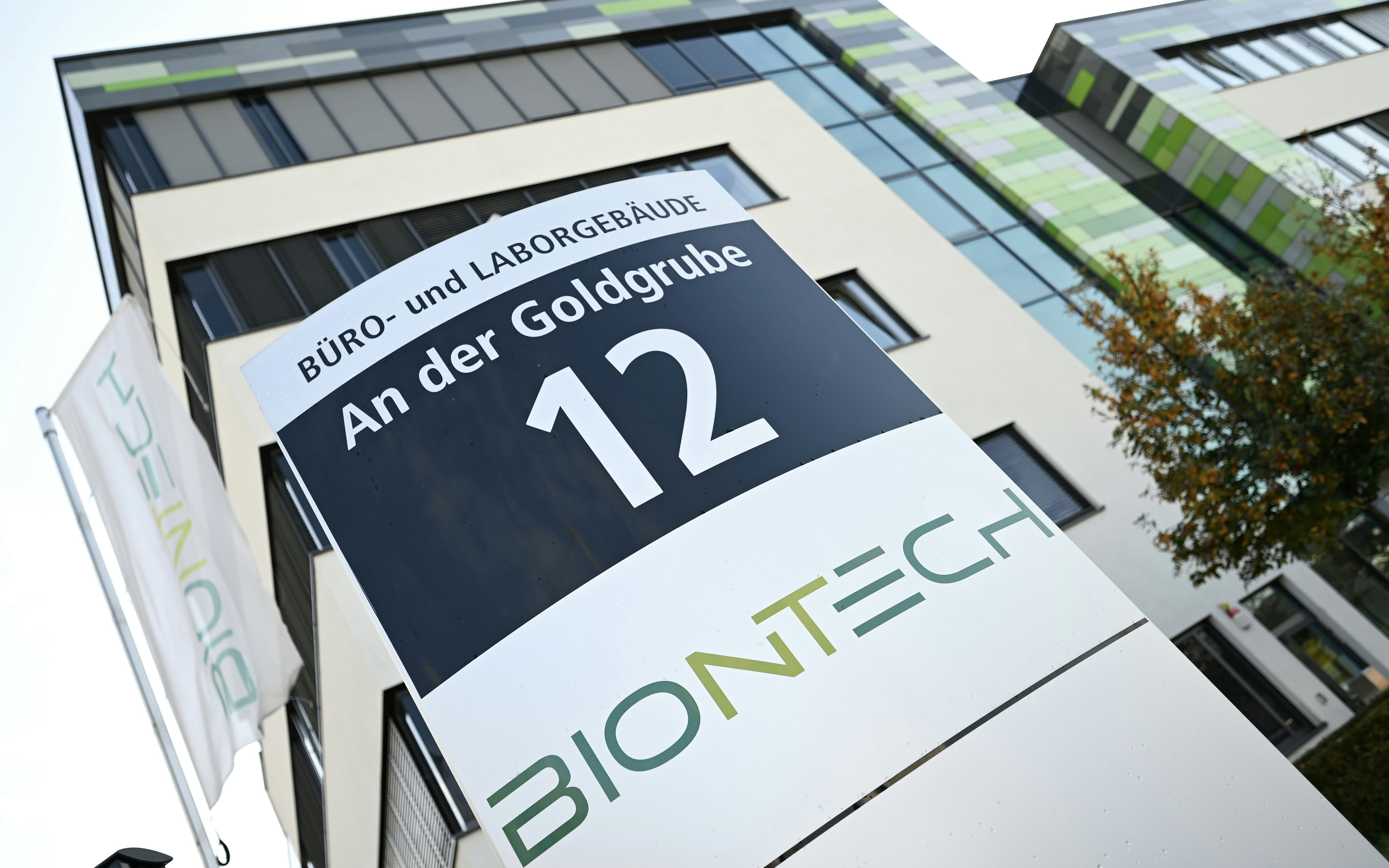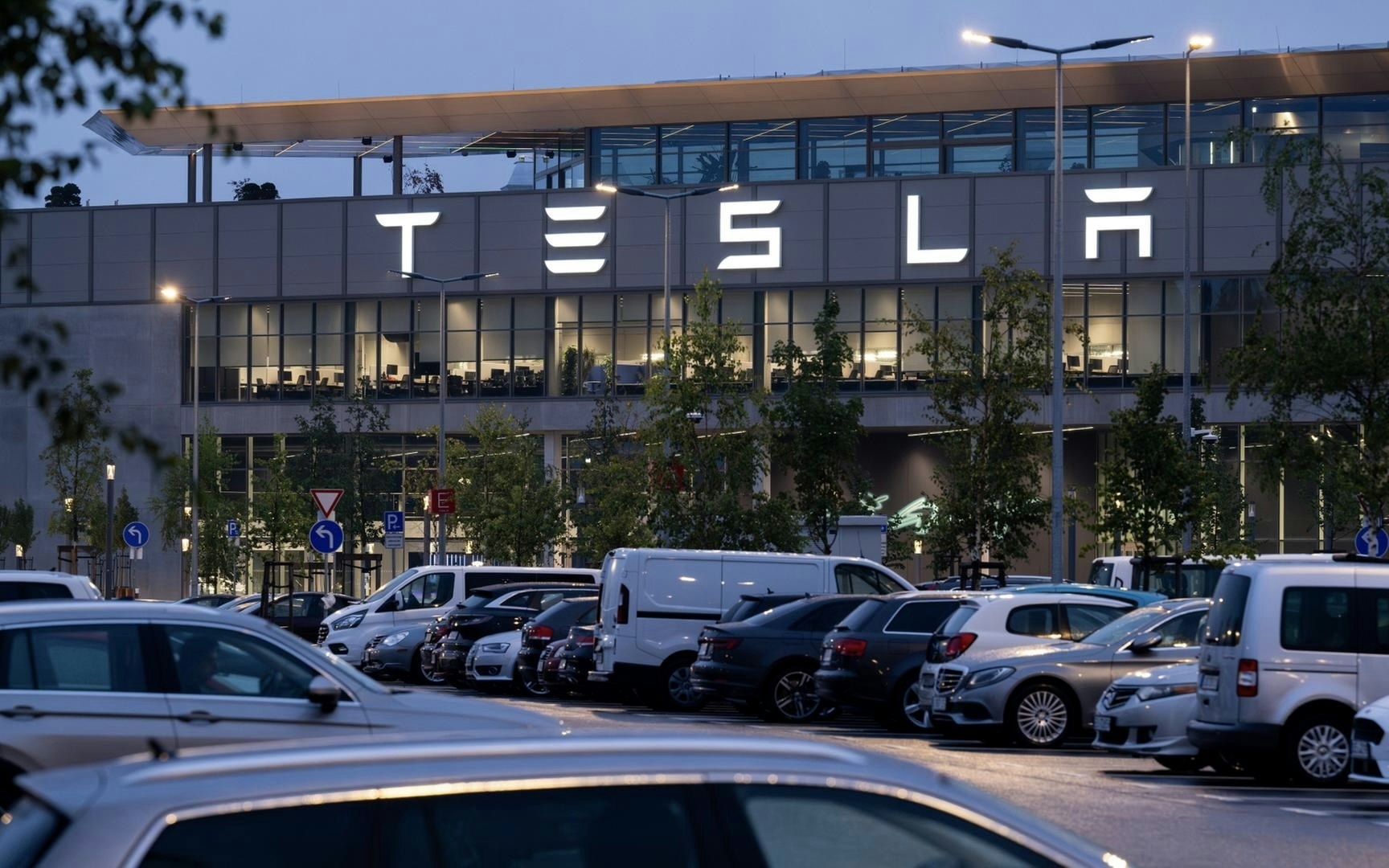AI
Nobel Prize for Advances in Protein Research
David Baker, Demis Hassabis, and John Jumper were awarded the Nobel Prize in Chemistry.
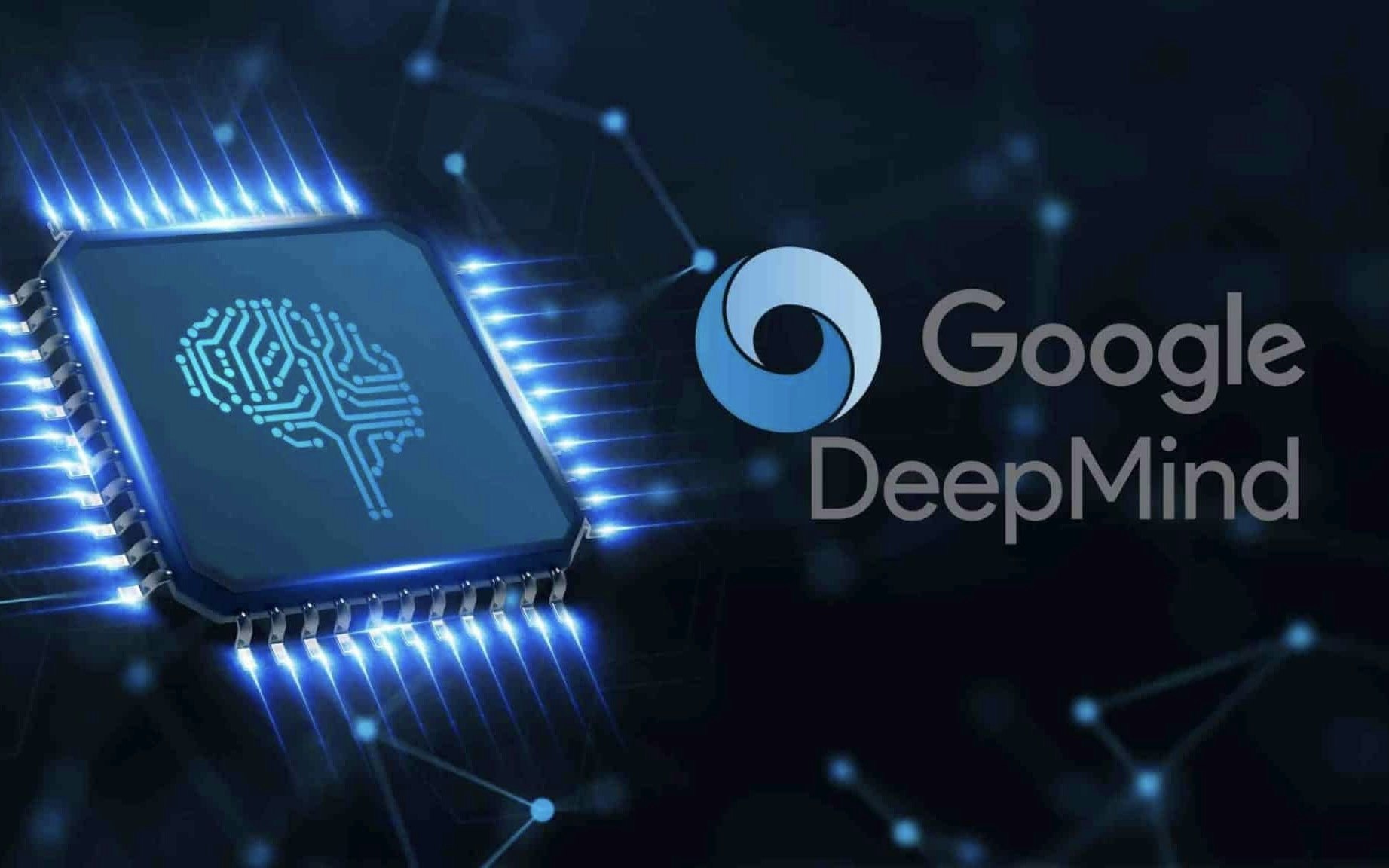
The US biochemist David Baker, as well as Google DeepMind scientists Sir Demis Hassabis and John Jumper, were jointly awarded the Nobel Prize in Chemistry. The award honors their groundbreaking work in deciphering the biological secrets of proteins that significantly determine life and health.
Baker received half of the 11.3 million SEK prize (1.06 million USD) for his research in the field of computer-assisted protein design. Under his leadership at the Institute for Protein Design at the University of Washington, it was possible to develop completely new protein structures that are used in vaccines, nanomaterials, and tiny sensors. "I am deeply honored and look forward to the possibilities that protein design offers," Baker said after the announcement.
Hassabis and Jumper received the other half of the prize for their work on predicting protein structures using artificial intelligence. Their AI model AlphaFold, developed by Google DeepMind, has revolutionized the understanding of protein structures. With AlphaFold, nearly all known proteins could be accurately mapped in three dimensions, significantly accelerating research. 'AlphaFold allows us to solve complex biological problems more efficiently,' explained Hassabis.
The Nobel Committee emphasized that the methods of Baker as well as Hassabis and Jumper represent significant advances in understanding how proteins function and interact to keep living cells running. These insights open up new avenues in the development of therapies for difficult-to-treat diseases and in sustainable technology development. Heiner Linke, chair of the Nobel Chemistry Committee, commented: "These discoveries open up immense possibilities for science and medicine.
Despite the impressive successes, researchers face major challenges. While Baker continues to create new types of proteins, DeepMind is working on developing AlphaFold 3, which now also takes DNA, RNA, and ligands into account. The spin-off company Isomorphic Labs plans to use AlphaFold's breakthroughs for drug development and shorten the discovery phase from five to two years.
The Chemistry Nobel Prize is the third of the six annual Nobel Prizes announced on consecutive weekdays. The Literature laureates are announced on Thursday, the Peace laureates on Friday, and the Economics laureates on Monday.


